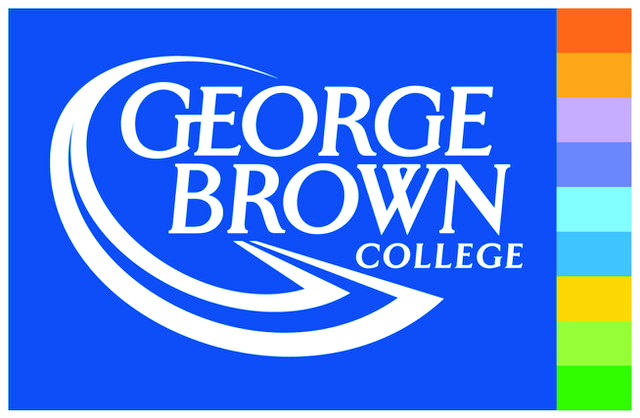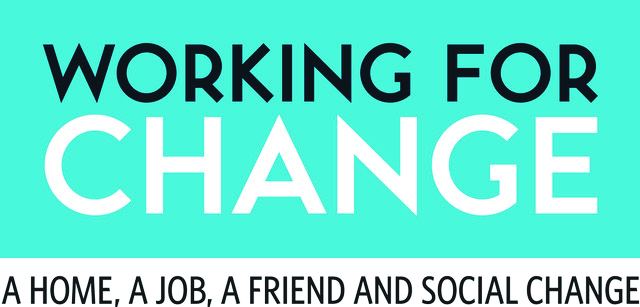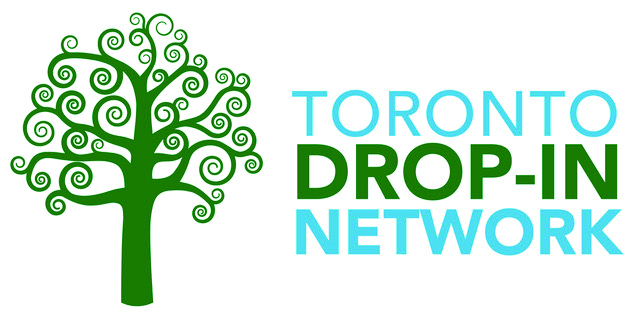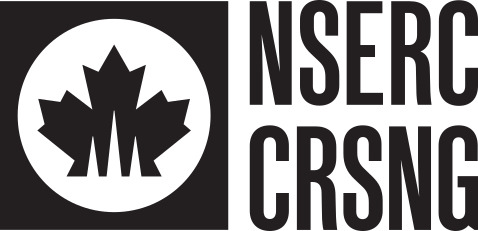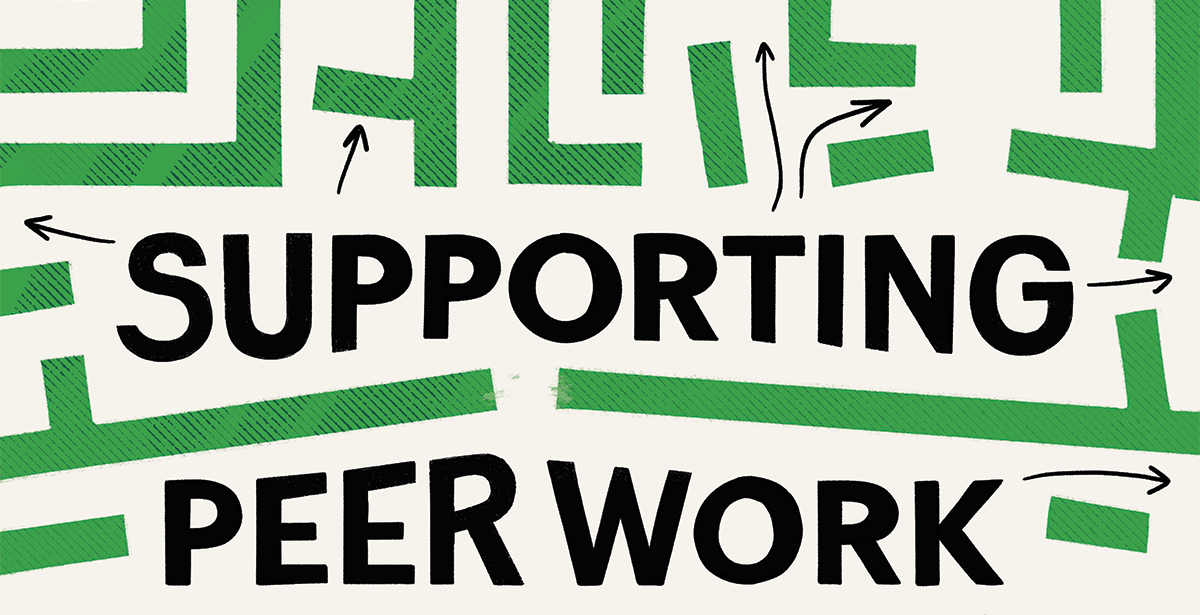
Supporting Peer Work (SPW) is a resource site for the community-guided participatory action research project of the same name, which did our research in Toronto, Canada from 2020-2023.
This project was steered by a committee of workers with lived/living expertise - also known as “peers". We offer our research reports and tools for organizational change free to view, download, and share widely.
The Supporting Peer Work project documented how “low barrier” social service agencies treat peers.
We found that workers with lived/living expertise:
- Are forging new and vital paths for community empowerment.
- Work best when they are trusted, respected, and resourced on their own terms.

But that most agencies:
- Falsely believe they value community knowledge and lived/living expertise.
- Misunderstand the powerful, transformative work of peers.
- Force peer workers to follow policies and practices that undermine their unique skills and contributions.
We’ve posted select research highlights on this site for quick reference, and we encourage further reading, sharing, dialogue, and citing of the full findings. Please read our reports, learn about our Steering Committee and reach out to connect with us about our ongoing work to create equity and justice for peers.


“A peer is somebody that is a peer of the community, not a peer of your organization. This is where organizations get confused.
Yeah, [peers are] doing the work…but they’re doing it in a way they know the community needs.” —Peer Worker

Treaty Responsibilities
The SPW research took place on the occupied territories of the Haudenosaunee Confederacy, the Wendat, and the Mississaugas of the Credit River, among other Indigenous nations and communities. Toronto, from the Mohawk word Tkaronto, is home to the original peoples of this land, as well as Indigenous peoples from across the globe, including those whose ancestors were brutally stolen from Africa through the trans-Atlantic enslavement system, and those who were forced to migrate due to white supremacy, capitalism, and other forms of structural oppression.
Whether we benefit from and/or are oppressed by these linked systems of domination, we must oppose them. In Toronto, we have the direct guidance of multiple treaties, including Treaty 13, the Dish with One Spoon, and the Two-Row Wampum. These treaties are the true laws of this land, but they are repeatedly broken by governments, corporations, agencies, institutions, and individuals. SPW has aspired to understand our treaty responsibilities as much as possible throughout our process.
Funders & Collaborators
Collaborators
George Brown College (GBC)
Working for Change (WfC)
Toronto Drop-In Network (TDIN)
Dr. Jijian Voronka, Assistant Professor
Interdisciplinary & Critical Studies
University of Windsor
Melissa Teles, Professor
School of Social & Community Services
George Brown College
Funders
Natural Sciences and Engineering Research Council of Canada (NSERC)’s College and Community Social Innovation Fund (CCSIF)
Supporters
Centre for Community-Based Research (CCBR)
